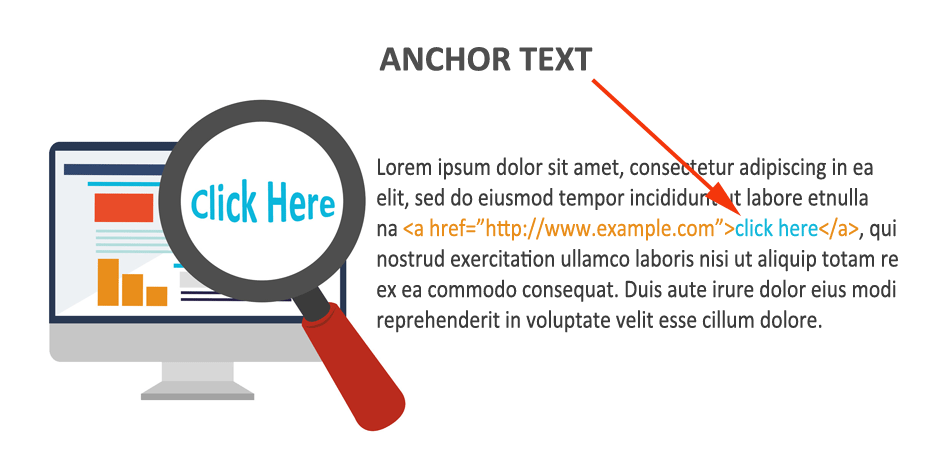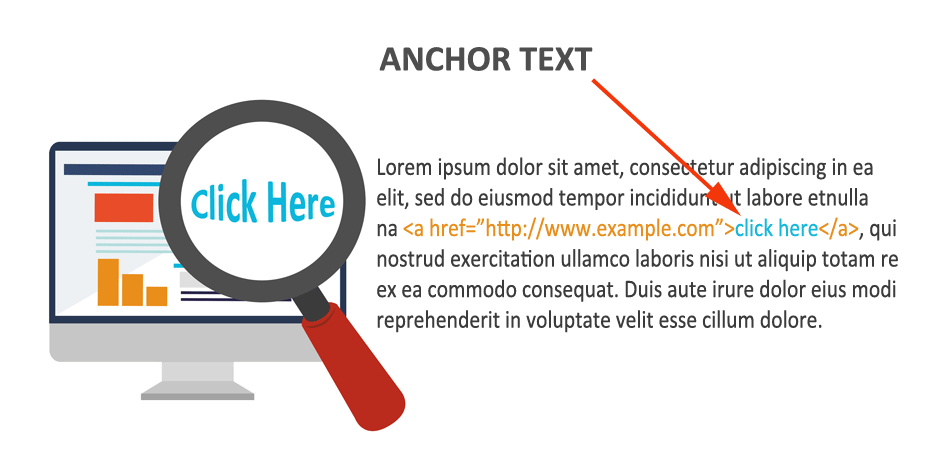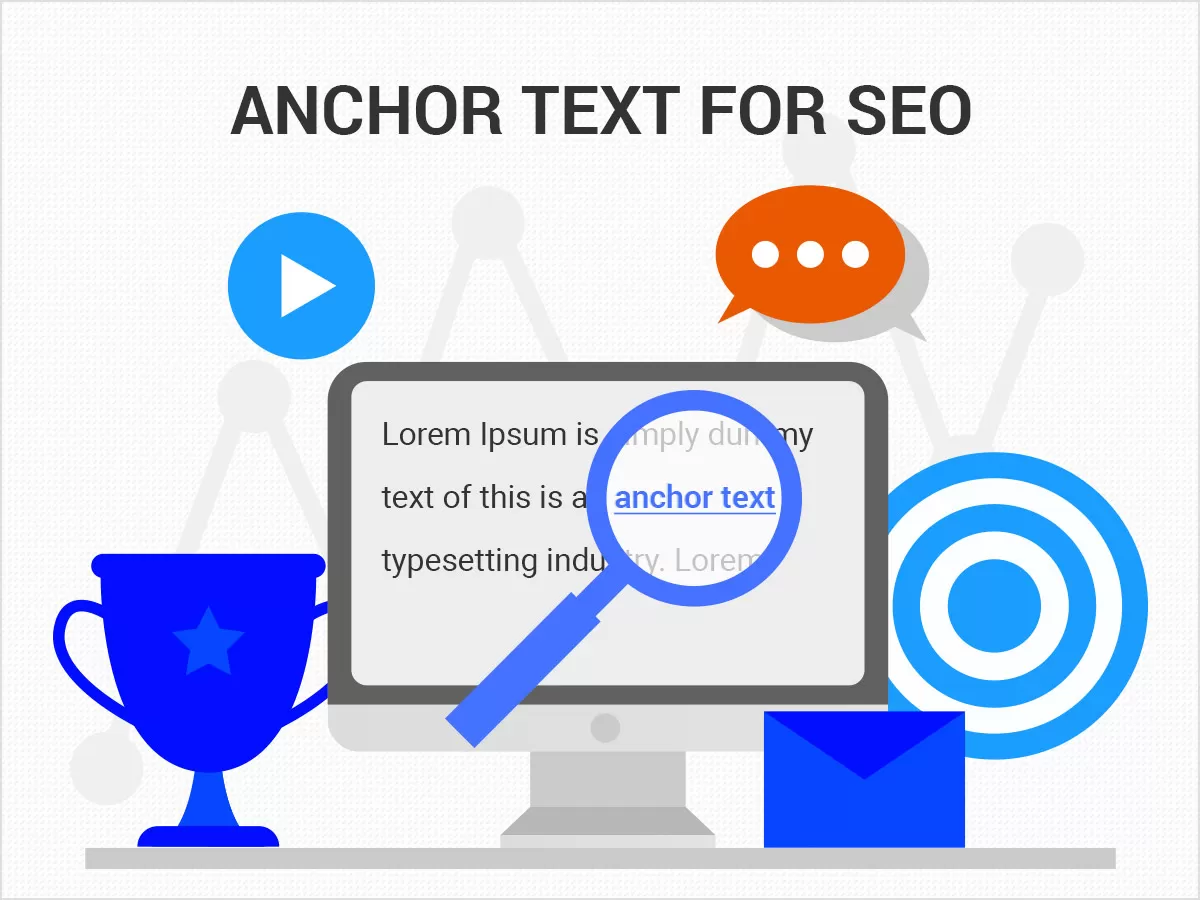Hi, Dave Fox here from Starscape SEO. In the ever-evolving world of search engine optimization (SEO), every detail matters, and anchor text is no exception.
Whether you’re a small business looking to improve your rankings or a seasoned digital marketer fine-tuning a website’s SEO strategy, the right use of anchor text can significantly impact your website’s search engine rankings, user experience, and overall visibility.
Across the web, businesses are searching for terms like “anchor text optimization” or “how to use anchor text for SEO” in an effort to enhance their site’s performance.
But what exactly is anchor text? Why does it matter so much for SEO? And how do you use it effectively?
In this article, we’ll explore the role of anchor text in SEO, why it’s crucial for your rankings, the types of anchor text you should be aware of, and best practices for optimizing it to boost your search performance.

Call or Text Starscape SEO: (519) 208-8680

 What is Anchor Text?
What is Anchor Text?
Anchor text refers to the clickable words within a hyperlink that link to another page or website.
These words are visible to users and indicate what the linked content is about. For example, in the link “learn more about SEO”, the phrase “learn more about SEO” is the anchor text.
Search engines like Google use anchor text to understand the context of the linked page.
This means that well-chosen, relevant anchor text can help search engines better index and rank your content, while poorly chosen anchor text can confuse search algorithms or result in penalties for manipulative practices.
Why is Anchor Text Important for SEO?
Anchor text is a critical element in how search engines crawl and index content.
It gives search engines additional information about the linked page’s content, helping them determine whether the page is relevant to a specific search query.
Here are some key reasons why anchor text is so important in SEO:
Context for Search Engines
Search engines rely on anchor text as a way of understanding the content that’s being linked to.
Well-optimized anchor text provides context for what the linked page is about, helping search engines determine its relevance to specific keywords or topics.
For example, if multiple sites link to your page using the anchor text “best SEO strategies,” it signals to Google that your page is likely relevant to searches about SEO strategies.
This can improve your rankings for those specific search terms.
Improved User Experience
Beyond its SEO benefits, anchor text improves user experience by providing users with clear information about what they can expect when they click on a link.
Relevant and descriptive anchor text helps users navigate a website more easily and find the information they’re looking for.
Boosting Relevance and Authority
Anchor text can enhance the authority of both your site and the linked page.
When high-authority sites use relevant anchor text to link to your content, it passes along some of that authority, potentially improving your page’s ranking.
However, the relevance of the anchor text matters—links that are natural, helpful, and connected to the topic of the page will perform better than those that seem forced or irrelevant.
Types of Anchor Text
To effectively optimize your SEO strategy with anchor text, it’s essential to understand the different types and their impact on SEO:
Exact Match Anchor Text
This type of anchor text includes the exact keyword that you are trying to rank for.
For example, if you are trying to rank for “best content marketing services,” an exact match anchor text would look like this: “best content marketing services”.
While exact match anchor text can be powerful, using it too frequently or unnaturally can trigger penalties from Google.
Over-optimization is often seen as a manipulative SEO tactic, so moderation is key.
Partial Match Anchor Text
Partial match anchor text includes variations of the keyword you’re targeting.
For instance, if your target keyword is “SEO tools,” a partial match anchor text might be “effective SEO tools for small businesses”.
Partial matches are less risky than exact matches and help create a more natural, diverse linking profile.
Branded Anchor Text
Branded anchor text includes your brand name as the clickable text.
For example, “Starscape SEO” is a branded anchor text for our site.
Using branded anchors helps reinforce brand recognition and provides valuable, non-spammy links.
Naked URL Anchor Text
A naked URL is simply a link to the website or page URL without any additional text, such as “https://starscapeseo.com“.
Naked URLs are useful but don’t provide the same SEO benefits as descriptive or keyword-rich anchor text.
Generic Anchor Text
Generic anchor text includes non-descriptive phrases like “click here,” “read more,” or “this website.”
While this is common on the web, generic anchor text doesn’t give search engines any useful information about the linked page and should be used sparingly.
Image Anchor Text
When you link an image, search engines will use the image’s “alt text” as anchor text.
If your image doesn’t have alt text, you’re missing out on an opportunity to provide SEO value.
Always include relevant, descriptive alt text for images that contain links.
Best Practices for Optimizing Anchor Text
Now that you understand the types of anchor text and why it’s important, let’s dive into some best practices for optimizing your anchor text to improve SEO:
Keep It Natural
Anchor text should always appear natural and fit within the context of the sentence.
Avoid forcing keywords into anchor text, as this can lead to over-optimization penalties.
Search engines are becoming increasingly sophisticated at identifying manipulative SEO practices, so focus on creating valuable, user-friendly content.
Diversify Anchor Text
Don’t rely solely on exact match anchor text.
Use a mix of exact match, partial match, branded, and generic anchor text to create a diverse and natural link profile.
Overusing exact match anchor text can raise red flags with Google, while a more varied approach is less likely to be seen as manipulative.
Be Descriptive and Relevant
Ensure your anchor text is descriptive and relevant to the linked content.
Users and search engines should easily understand what to expect when clicking the link.
Vague or irrelevant anchor text confuses both audiences and can harm your
Conclusion: Anchor Text as a Key Element of SEO Success
In summary, anchor text plays a crucial role in your SEO strategy by helping search engines understand the context of your links and providing users with valuable information.
Whether you’re focusing on internal linking to strengthen your site’s structure or external linking to build authority, the right anchor text can help you rank higher, attract more traffic, and improve user engagement.
By understanding the different types of anchor text and following best practices for their use, you’ll be well-equipped to optimize your SEO efforts and enhance the overall performance of your website.



